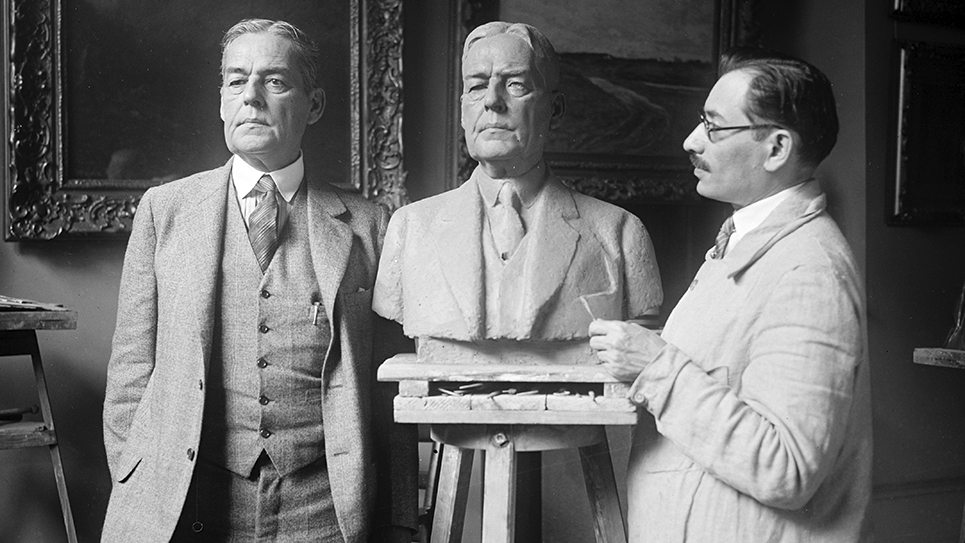For the most part, adjusting our clocks an hour ahead — as we will do this weekend — comes as good news: it is a welcome change from the long, dark winter.
Even though a one-hour time change does not sound like something that could do much harm, it can have some alarming effects on the body’s internal clock, which scientists call the circadian rhythm, said Theresa Lee, dean of the University of Tennessee, Knoxville, College of Arts and Sciences and a professor of psychology.
The “spring forward” time change is often more difficult than the “fall back” change because it means an hour less of sleep.
Even if you are well rested, an hour time change could leave you feeling sleep deprived, said Lee, who conducts research on sleep patterns over the life cycle and how sleep patterns and the need for sleep vary by age.
If you are already sleep deprived, one fewer hour can leave you feeling worse.
The good news is that it takes only about one day to adjust for each hour of time change.
Women ages 25 to 55 typically need 6.5 to 8.5 hours of sleep. Men typically need 6.3 to 8.1 hours of sleep.
To help minimize problems with this weekend’s time change, Lee emphasizes these everyday tips for getting a good night’s rest:
- Have a fixed bedtime and wake-up time.
- Avoid napping during the day.
- Avoid drinking alcohol or caffeine right before bed.
- Avoid eating heavy, spicy or sugary food before bed.
- Get regular exercise — but not right before bed.
- Keep your bedroom cool, dark and quiet.
- Avoid using your bedroom as a workroom.
- Turn off electronics 30 to 60 minutes before bedtime.






